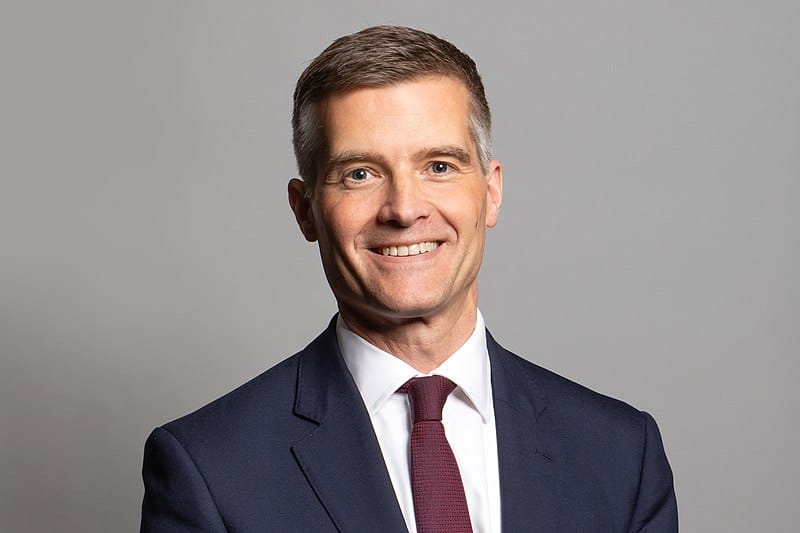Credibility Matters to Most But Not All Interviewees
A client alerted me to an uncomfortable interview on Radio 4’s Today programme on Saturday.
New Transport Minister, Mark Harper, ‘took one for the boss’ and accepted an interview on Radio 4’s Today Programme, despite the fact that the media is awash with rumours about cancellations or delays to HS2. The boss, Rishi Sunak, was himself fielding questions about HS2 that he was refusing to answer, whilst dropping plenty of hints that he had other uses for the eye-watering HS2 budget.
This Today interview is uncomfortable because Harper, under very persistent though polite questioning from Mishal Husain, says again and again he will not speculate on rumours that the second leg of HS2 is about to be scrapped. He had to do that 11 times in five minutes.
I have always said that the hardest questions are the ones where you can’t tell the truth and you can’t lie. And that your only defence is a form of words that sounds credible.
Well, Harper had his form of words or reactive lines: ’We have spades in the ground’, ‘We are getting on with building the line’, and ‘I am not going to speculate on rumours in the media’. Sadly, none of it sounded the slightest bit credible.
Everyone knows something is afoot. Grant Shapps, former transport secretary, has been the most direct he said it would be crazy not to reconsider this very expensive project.
No one wants to tell the truth (yet), presumably because it is being saved for an announcement at the Tory Party Conference, or perhaps because the Prime Minister has decided the link between Birmingham and Manchester needs to be scrapped but he hasn’t yet persuaded the rest of the cabinet. Either way, for now, ministers can’t tell the truth and they can’t lie.
When I talk to clients about holding the line and not being bullied by journalists into saying something that they don’t want to have in the public domain, they all think of these awful political interviews that defy all logic and credibility. However, business interviews are rarely if ever so pointed.
The reality is that most business interviews:
- Are less high-profile
- Involve more credible reasons for not telling the whole truth
- Have an audience with a less sophisticated understanding of what is actually going on (it would be less obvious what the obfuscation is about)
- Have more choice about whether to do the interview or not
This Mark Harper interview is just the latest in a long line of examples where politicians have had to earn their stripes by proving they can survive a grilling and avoid answering persistent questions. Some fail to pass the test. For example, Jeremy Paxman’s demolition of Junior Treasury Minister Chloe Smith in 2012.
In these situations, all Westminster watchers know the game. No one from the government side cares about the credibility of that one minister or that one interview, because they have bigger fish to fry.
Personally, I feel that this is one ritual that damages democracy and our trust in politicians.. I think a more honest line would work better, for example ‘there will be an announcement on Monday, please wait’ or ‘it’s being looked at again because it is so expensive, but there is no final decision’. I believe shredding the trust of your listeners, being blatant in your disrespect for intelligent questioning and failing to use a credible reactive line is disastrous in the long run. But for Mark Harper, on this day, credibility did not matter.
And, in the meantime, Mishal Husain proved she was a tough journalist and Harper proved he was a loyal minister and could take the heat.
- A Behind-the-Scenes TV Cheat… and Why It Works - November 26, 2025
- What Should I Do With My Hands? - November 19, 2025
- A Jar of Marbles and the Power of a Simple Story - November 12, 2025





Leave a Reply
Want to join the discussion?Feel free to contribute!